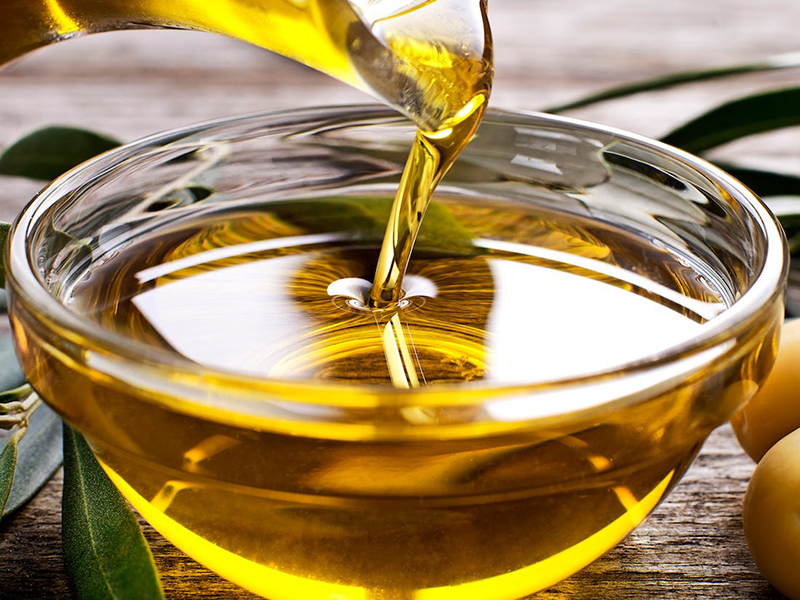Palm oil alternatives require more land – study

While palm oil is associated with deforestation in biodiversity hotspots, alternatives may actually require more land, says a study.
Oil extracted from the oil palm fruit is cheap and versatile and it is now the world’s most common vegetable oil. Global production tripled during 1995—2015, with much of the growth responsible for the clearing of large swathes of biodiversity-rich rainforests in Malaysia and Indonesia where roughly 90 per cent of the crop is grown.
According to the study, published in Nature Plants on 7 December, new oil palm plantations in Malaysian Borneo accounted for 50 per cent of deforestation between 1972 and 2015. Similarly, Indonesia lost 26.8 million hectares of tree cover in 2001—2019, according to a report by the Global Forest Watch.
Such extensive devastation has led to calls by environmental activists to boycott products containing palm oil.
But the study said that growing global demand for vegetable oil, which the researchers projected to increase by 46 per cent by 2050, could result in a shift to alternate crops like soybean and rapeseed that require considerably more land to grow.
Expanding palm oil production to keep pace with the demand would require 36 million hectares of additional land whereas soybean, the second most popular oil crop, would need 204 million more hectares, the authors estimated.
While tropical rainforest is often cleared for oil palm plantations, alternatives such as soybean and rapeseed can be grown on existing farmland.
However, Erik Meijaard, lead author of the study and independent researcher affiliated with the University of Queensland, Australia, tells SciDev.Net: “We know a lot about palm oil and its impacts on biodiversity, environmental and social impacts, but we know very little about the other crops. You need to realise that saying no to palm oil means saying yes to something else.”
While few of the authors received funding for the study, the ethics declaration in the paper points out that Meijaard and two other colleagues have done paid work with the palm oil industry in the past, as well as the Roundtable on Sustainable Palm Oil, a lobby group.
“You need to realise that saying no to palm oil means saying yes to something else” Erik Meijaard, University of Queensland
The enormous environmental damage caused by oil palm plantations justifies the attention it receives, but that may have led to other major oil crops being considered as alternatives, says Meijaard, adding that more research is needed to determine the environmental impacts of its alternatives.
“The rhetoric and polarisation are useful because it has put a lot of pressure on the [palm oil] industry to be more transparent and improve practices,” adds Meijaard. “At the same time, if it results in decision-making that’s not informed by good knowledge and understanding then I think you’re creating a problem.” *
A good starting point for tackling the information gap would be to create up-to-date global maps showing where crops like soybean, rapeseed or sunflower are cultivated, says Meijaard. That will help determine how much land and what kind of natural ecosystems have been impacted by these crops, he adds.
However, more research into the trade-offs between various vegetable oil crops is necessary, warns Varsha Vijay, a postdoctoral researcher at the University of Tennessee who has studied the environmental impact of palm oil. She says that planners should avoid focusing on narrow comparisons of land use.
While palm oil has higher yield per hectare, it is almost entirely grown in areas known to be important for biodiversity and carbon sequestration, says Vijay. The authors’ own analysis highlights that the number of species threatened by palm oil is 321 compared to 73 for soybean and just one for rapeseed, she adds.
“It’s not just the amount of area, but rather where that land is,” says Vijay. “This crop [oil palm] is produced in the tropics, replacing tropical, moist forests. And this is where biodiversity is concentrated.”
Read also
BLACK SEA OIL TRADE: Straight Talk on the 2024/25 Season and 2025/26 Projections
EU and Ukraine have reached an agreement on the renewal of the free trade agreemen...
Analysts forecast an increase in the global wheat harvest in 2025/26. This will cu...
Romania, following Moldova, continued licensing the import of agricultural product...
Rains in Brazil cause problems with corn harvest
Write to us
Our manager will contact you soon



